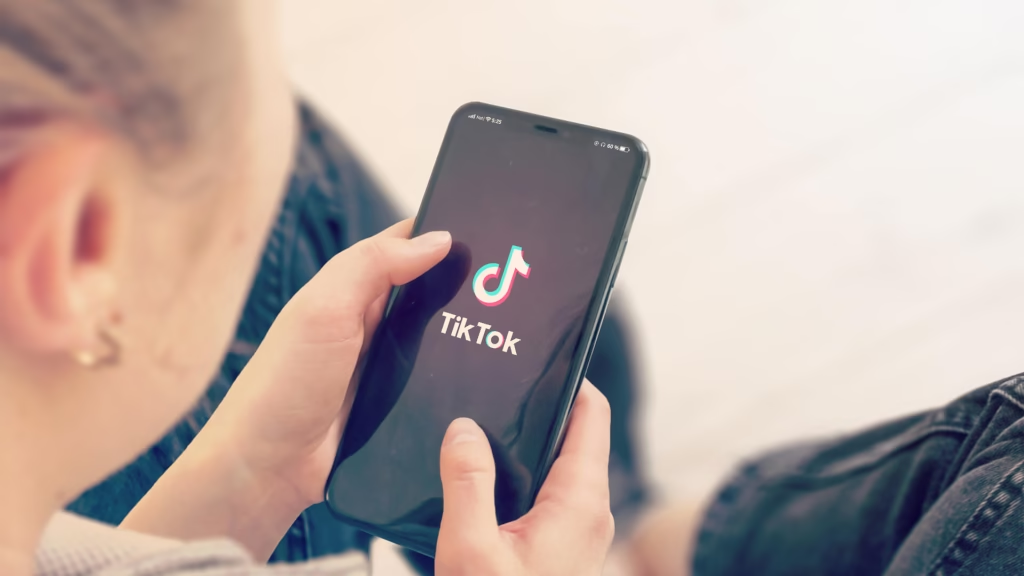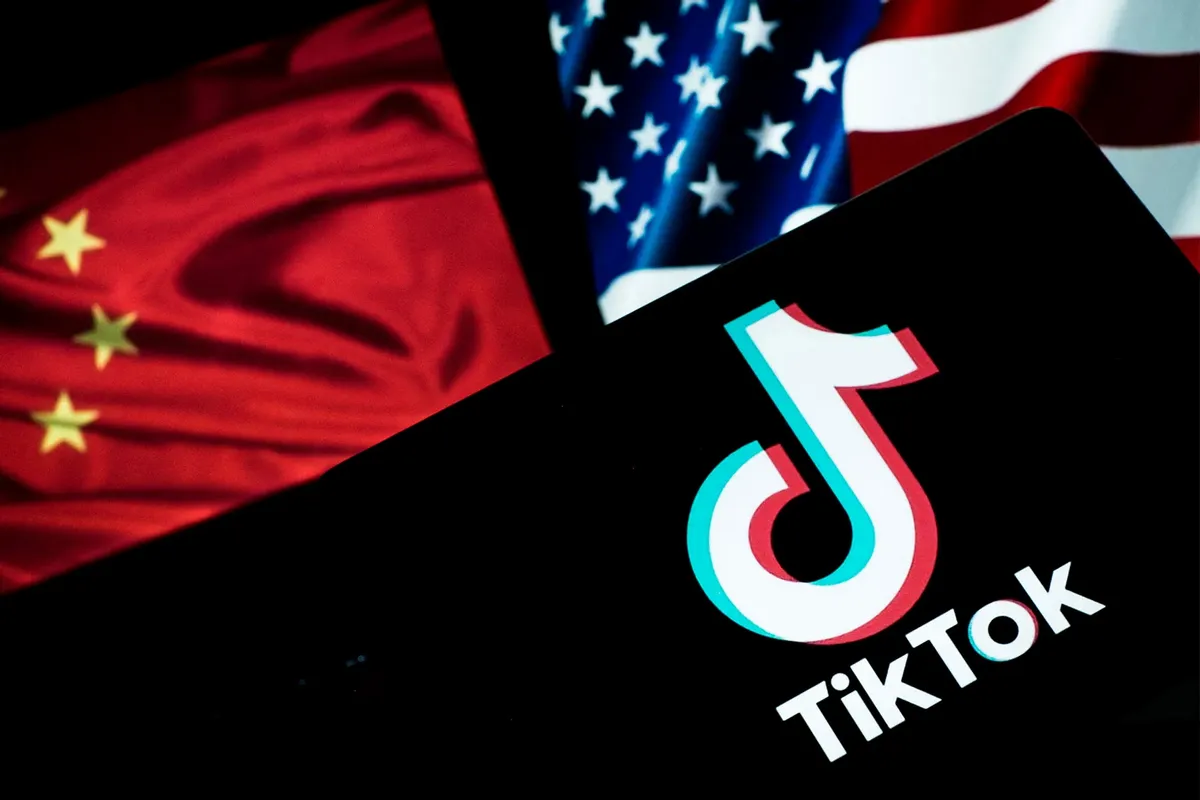TikTok, the popular social media app, is at risk of facing a U.S. ban unless its Chinese parent company, ByteDance, sells its U.S. operations by January 19. A federal court recently upheld the law requiring the sale or ban, citing national security concerns related to TikTok’s ties to China. The controversy surrounding TikTok has been brewing for years, with concerns over national security, data privacy, and foreign influence at the heart of the debate.
How the TikTok Ban Started
The U.S. government’s scrutiny of TikTok began during the Trump administration in 2020 when officials raised alarms about its connections to ByteDance, a Chinese company. Lawmakers expressed fears that ByteDance could be pressured by the Chinese government to access TikTok’s vast trove of user data, including personal information on millions of Americans. There were also concerns that TikTok’s algorithm could be used to manipulate content to influence public opinion or suppress information.
Although TikTok has consistently denied these allegations, the concerns gained traction among U.S. officials, leading to bipartisan efforts to address the perceived risks. In 2023, a law was passed requiring TikTok to sever ties with ByteDance or face a ban. This January 19 deadline marks the culmination of those efforts.

TikTok’s Impact in the U.S.
TikTok has become a cultural phenomenon, with over 170 million users in the United States alone. The app has transformed content creation, offering a platform for short, engaging videos that range from entertainment and education to activism and small business promotion.
For many, TikTok is more than just a social media app; it’s a livelihood. Influencers and small business owners rely on TikTok’s unique algorithm to reach large audiences, generate income, and grow their brands. If the platform is banned, these creators could face significant financial and professional setbacks.
Ongoing Legal Battles
TikTok and ByteDance have challenged the U.S. government’s actions in court, arguing that the law violates the First Amendment by restricting free speech and unfairly targets the company. However, a federal appeals court recently upheld the law, stating it was carefully crafted to address national security risks posed by foreign control of the app.
TikTok plans to appeal to the Supreme Court, where the case could become a landmark decision balancing national security and digital freedom. If the ban goes into effect, it would require app stores like Apple and Google to remove TikTok, and internet hosting providers would be prohibited from supporting the platform.
Ripple Effects
TikTok’s situation highlights growing global concerns about data privacy and the influence of foreign-owned tech platforms. The European Union has launched its own investigations into TikTok, with claims that foreign governments, including Russia, may have exploited the platform to influence public opinion.
President-elect Donald Trump, who has voiced support for keeping TikTok available in the U.S., could potentially influence how the law is enforced after his inauguration on January 20. However, legal experts note that federal laws leave limited room for executive action to stop the ban.
For now, TikTok’s future in the U.S. hangs in the balance, with millions of users and creators awaiting updates. The outcome of the Supreme Court appeal and any potential action from the incoming administration will determine whether TikTok remains part of the daily lives of millions of Americans or becomes another casualty in the battle over tech, data, and national security.




